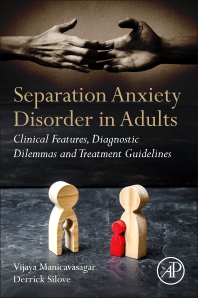Books in Psychology
Books in Psychology
Elsevier's Psychology collection is vital for students and psychologists, providing a thorough understanding of the mind and behavior. Covering human thought, development, personality, emotion, and motivation, it offers insights into both theoretical and practical aspects. Through topics like cognitive, developmental, and clinical psychology, it equips researchers and students to address real-world challenges and advance their understanding of the field.

Encyclopedia of Creativity
- 3rd Edition
- Mark A. Runco + 1 more
- English

The Science of Religion, Spirituality, and Existentialism
- 1st Edition
- Kenneth E. Vail III + 1 more
- English

Flexible Applications of Cognitive Processing Therapy
- 1st Edition
- Tara E. Galovski + 2 more
- English

Recent Advances in Parkinson's Disease
- 1st Edition
- Volume 252
- English

Functional Analysis in Clinical Treatment
- 2nd Edition
- Peter Sturmey
- English

Technology and Adolescent Health
- 1st Edition
- Megan A. Moreno + 1 more
- English

Separation Anxiety Disorder in Adults
- 1st Edition
- Vijaya Manicavasagar + 1 more
- English

Advances in Child Development and Behavior
- 1st Edition
- Volume 58
- English

Technology and Health
- 1st Edition
- Jihyun Kim + 1 more
- English

Encyclopedia of Infant and Early Childhood Development
- 2nd Edition
- Janette B. Benson
- English